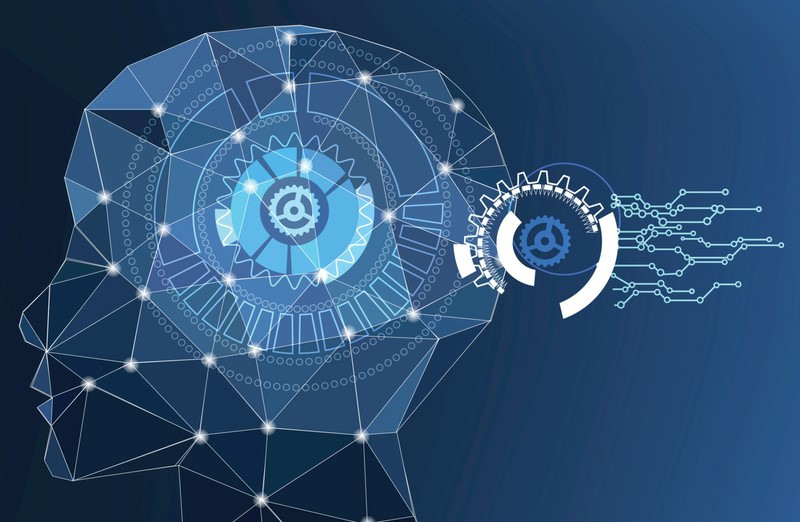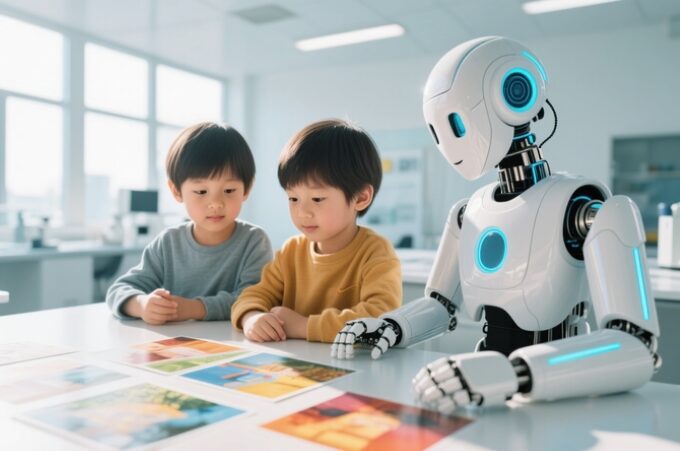Turing Award winner and Meta Chief AI Scientist Yann LeCun recently participated in a technology podcast program, in which he deeply discussed the limitations of current generative AI in scientific discovery and the future development direction of AI. The current AI technologies such as large language models mainly generate answers based on the statistical laws of text data, and essentially lack the ability to “create new things”. Unlike humans, AI cannot use common sense and psychological models to think and solve new problems. Humans can explore unknown areas with their deep understanding of the physical world and abstract reasoning ability, while AI only retrieves and generates massive text data and lacks the understanding of the essence of the real world.
Large Language Models are Approaching the Upper Limit
“The development of existing large language models has reached its potential upper limit,” Yann LeCun emphasized. “With the continuous increase of training data, the performance improvement it brings is gradually slowing down. Further data acquisition is not only costly, but also difficult to guarantee the effect. Simply relying on expanding the model size and increasing training data cannot achieve true AI.” Real AI should have the ability to understand the physical world, have a persistent memory, and be able to support complex reasoning and planning. This is what current artificial intelligence technology lacks, and it is also the key to the future development of AI.
Current AI systems are still subject to many limitations, and existing technologies cannot support the popularization of advanced applications such as home robots and self-driving cars. In order to promote the development of AI technology, Yann LeCun is working on a new system. The system aims to help AI “understand” reality by building a model that can predict the behavior of the physical world. He believes that this is a key step in achieving a leap in AI intelligence. “Current AI is not comparable to humans. If we can develop a system with the intelligence of a cat or mouse, it will be a huge step forward.”

AI Development Needs to Focus on New Research Methods
Human cognitive processes are multisensory and multimodal, and information is obtained and processed in a comprehensive manner through multiple means such as vision, hearing, and touch. Existing AI systems mainly rely on single-text data, which makes them incapable of handling complex tasks.
Although large models perform well in certain specific tasks, they cannot solve deeper problems. Future research directions should pay more attention to multimodal learning, combining multiple data sources such as vision and hearing, in order to break through the current technical bottleneck. The future direction of AI development needs to focus on new research methods and technologies. Multimodal learning will become an important direction, enabling AI to better simulate human cognitive processes by integrating multiple types of data. In addition, technologies such as reinforcement learning and transfer learning will also play an important role in helping AI achieve breakthroughs in more fields.
Machines Will be Controlled
AI platforms must be open source because AI assistants need to be diverse and able to understand all languages, cultures, and value systems around the world. However, it is not possible to get such capabilities from a single assistant produced by a single company. This diversity must come from global contributions. Of course, it is very expensive to train a defined model, so only a few companies can afford to do this. If companies like Meta can provide the basic models in the open source field, then all over the world can fine-tune them according to their needs.
Reaching human-level artificial intelligence will not happen overnight, it will be a gradual evolutionary process. So it will not be like one day we suddenly uncover the secret of artificial intelligence – turn on a machine and immediately have super intelligence, and then all of us will be replaced by a super-intelligent system.
Machines will surpass human intelligence, but they will be controlled because they will be goal-driven. Humans set their goals and they achieve these goals. Just like many people are leaders in industry, academia or other fields, but this does not mean that they want to rule or take over. While promoting technological progress, keep a focus on ethics and social responsibility to ensure that the development of AI can benefit humanity, rather than bring negative effects.












